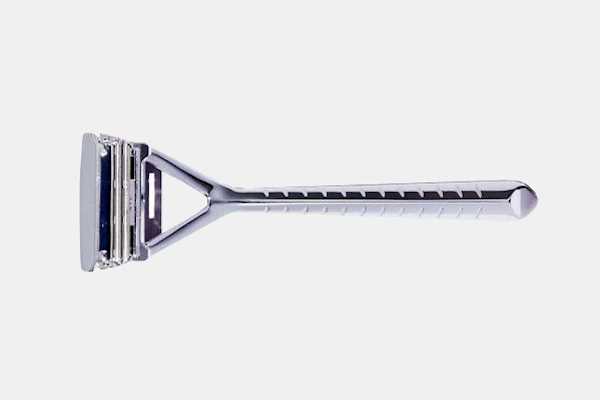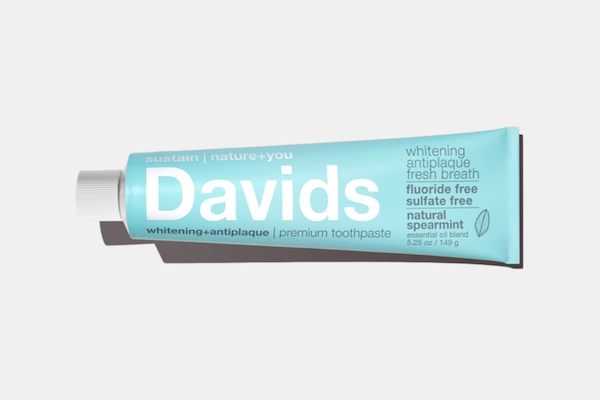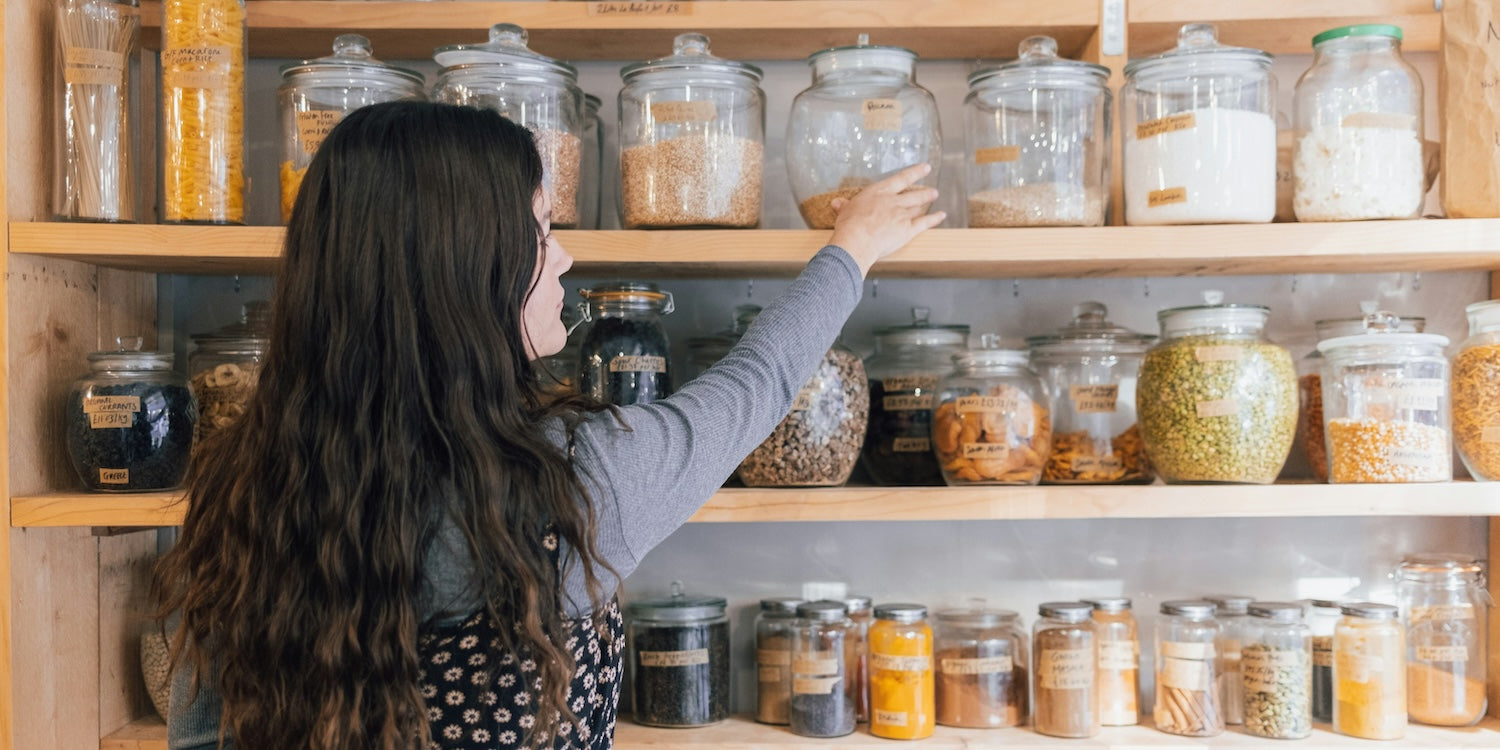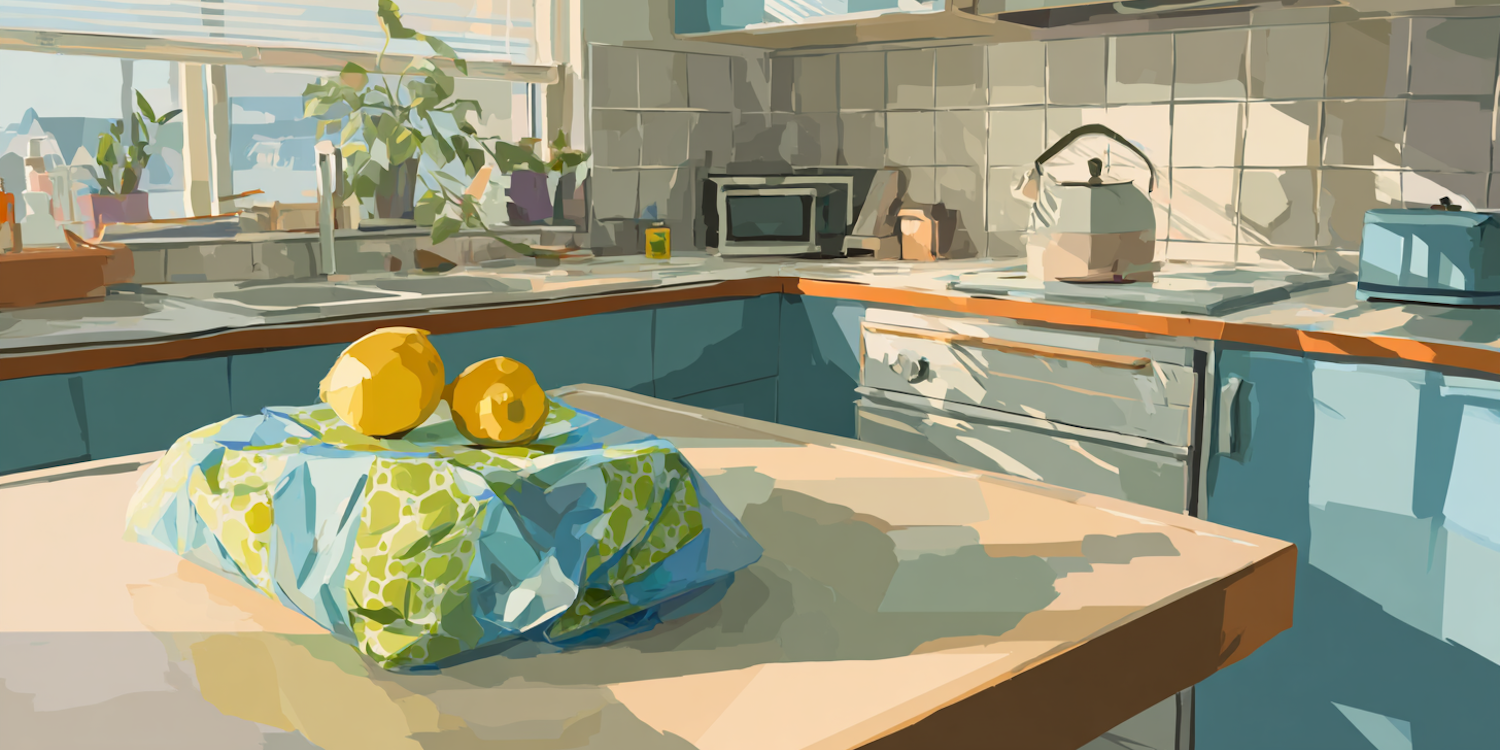In today’s world, where environmental concerns are at the forefront of global discussions, the term "zero-waste" has become a bit of a buzzword. But what exactly does it mean, and how does one embrace a zero-waste lifestyle? At its core, the zero-waste lifestyle is about reducing the amount of rubbish we produce and minimizing our impact on the environment. It emphasizes the importance of rethinking how we consume products and aims to move towards a system where nothing is sent to landfills, incinerators, or the ocean. Instead, everything we use is reused, composted, or recycled.
This movement is part of a larger shift toward eco-friendly living, rooted in the principles of sustainability. In a zero-waste lifestyle, individuals, families, and even businesses adopt practices that drastically cut down on waste, focusing on a more mindful way of living that benefits both the planet and future generations.
What are the Principles of Zero-Waste
The zero-waste lifestyle is often guided by five core principles, sometimes referred to as the “5 R's”:
1. Refuse: The first step is to refuse items you don’t need. This might include saying no to single-use plastics, free promotional items, or products that come with excessive packaging. By refusing unnecessary items, we reduce demand for products that often end up in the landfill.
2. Reduce: This principle encourages minimizing your consumption. When you buy less, there is less waste to manage. By focusing on quality over quantity and reducing your overall consumption, you're also reducing your environmental footprint.
3. Reuse: Instead of buying new, zero-waste encourages reusing items whenever possible. This could mean using reusable shopping bags, containers, water bottles, or even clothing. Reusing items is not only eco-friendly but also more sustainable in the long term.
4. Recycle: While recycling is part of the zero-waste process, it's important to note that recycling is not a perfect solution. Recycling can still be energy-intensive, and not all items are recyclable. However, when items can’t be refused, reduced, or reused, recycling is the next best option.
5. Rot (Compost): Composting organic materials like food scraps and yard waste helps return nutrients to the soil, rather than sending them to the landfill where they generate harmful methane gas. Composting is a natural and sustainable way to manage waste.
Why Choose a Zero-Waste Lifestyle?
There are numerous reasons to adopt a zero-waste lifestyle, with the primary motivation being a desire to live more sustainably and lessen our impact on the environment. Here are some key benefits of living a zero-waste lifestyle:
1. Environmental Benefits: The primary goal of a zero-waste lifestyle is to reduce the strain on landfills, oceans, and ecosystems. When waste is reduced, so are the negative impacts on wildlife and marine life. Single-use plastics, for instance, are a significant source of pollution in oceans, and by eliminating them from your life, you’re contributing to a healthier ecosystem. The process of manufacturing and disposing of products contributes significantly to pollution and greenhouse gas emissions, so reducing waste also reduces your carbon footprint.
2. Promotes Sustainability: The zero-waste lifestyle is inherently aligned with the principles of sustainability. Sustainability is about meeting our needs without compromising the ability of future generations to meet theirs. When we reduce the demand for disposable products and adopt more sustainable practices, we preserve natural resources and minimize environmental degradation.
3. Cost Savings: A common misconception is that zero-waste living is expensive. In reality, it can lead to significant savings. By reusing items, making products last longer, and consuming less, you can save money over time. For example, instead of constantly buying bottled water, investing in a good reusable water bottle can save both money and resources in the long run.
4. Healthier Lifestyle: A zero-waste lifestyle encourages mindfulness about what you buy, including food and personal care products. By choosing items that are free from harmful chemicals and reducing exposure to plastics, which may contain endocrine disruptors, you can lead a healthier lifestyle. Plus, cooking more at home and avoiding processed, packaged foods can contribute to better overall health.
How to Start a Zero-Waste Lifestyle
Transitioning to a zero-waste lifestyle doesn’t happen overnight, and that’s okay. Small, consistent changes can have a huge impact over time. At Lochtree, we are very fond of the phrase “a lot of littles, make a big.” Here are some steps to help you get started:
1. Evaluate Your Waste: The first step is to understand where your waste comes from. Spend a week or two tracking the items you throw away. This will give you insight into areas where you can make improvements. Is it mostly food waste? Packaging? Disposable items like paper towels or plastic bags? Identifying the biggest culprits is a great way to start.
2. Swap Single-Use for Reusables: A key aspect of a zero-waste lifestyle is eliminating single-use items. Consider swapping out items like plastic water bottles, disposable coffee cups, plastic straws, and grocery bags for their reusable counterparts. These small changes can make a big difference over time.
3. Buy in Bulk: Many zero-waste advocates suggest buying in bulk to cut down on packaging waste. Bring your own containers to the store, and buy grains, nuts, and other items from bulk bins. Not only does this reduce packaging waste, but it can also save money since bulk items are often cheaper.
4. DIY and Repair: Instead of throwing out items that are broken or worn out, consider repairing them. Many people in the zero-waste community embrace do-it-yourself (DIY) projects, from making homemade cleaning products to sewing patches onto clothing. This reduces waste and saves money.
5. Compost Your Food Waste: Food waste is a significant contributor to landfills, but it doesn’t have to be. Composting is an eco-friendly solution that turns food scraps into nutrient-rich soil. Even if you live in an apartment, many cities offer compost collection services, or you can start your own small compost bin.
6. Opt for Eco-Friendly Products: When you do need to buy something new, opt for eco-friendly, sustainable products. This includes items made from recycled materials, products with minimal packaging, and those that are durable and built to last. Supporting brands that prioritize sustainability encourages a market shift toward eco-conscious practices.
The Bigger Picture
Living a zero-waste lifestyle goes beyond individual actions; it’s about fostering a broader cultural shift toward sustainability. While personal changes are important, advocating for systemic change is also crucial. This includes supporting policies that promote waste reduction, recycling infrastructure, and environmentally responsible practices at both corporate and governmental levels.
Embracing a zero-waste lifestyle not only benefits the environment but also aligns with a more mindful, intentional way of living. It reminds us that every choice we make has an impact, and collectively, our small actions can lead to significant change.
Conclusion
The zero-waste lifestyle is about more than just reducing waste; it’s a comprehensive approach to living sustainably and making eco-friendly choices that support the health of our planet. While the idea of producing zero waste might seem daunting, it’s important to remember that progress is more important than perfection. Each step toward reducing your waste footprint, no matter how small, contributes to a more sustainable future.
By incorporating zero-waste principles into your daily life, you not only lessen your environmental impact but also contribute to a global movement towards sustainability.
At Lochtree, our mission is to help support zero-waste living by creating greater access to a hundreds of great eco-friendly products. All our products are selected with the principles of a zero-waste lifestyle in mind helping consumers on their journey to minimizing environmental impact. If you are interested in finding some great zero-waste alternatives today, check out All Products at Lochtree and discover new ways to reduce waste.
If you enjoyed this article, you may enjoy our article Is Zero-Waste Expensive? How To Go Zero-Waste On A Budget.






